#Fictionalized History
Explore tagged Tumblr posts
Text
Writing Historical Fiction: Capturing the Past with Precision
Historical fiction, with its ability to transport readers to bygone eras, offers a captivating blend of storytelling and factual accuracy. As writers venture into recreating history, the challenge lies in capturing the essence of the past while weaving a compelling narrative. This guide aims to illuminate the intricate art of researching and crafting historically accurate fiction. Immersive…

View On WordPress
#Authentic Dialogue#Character Development#Crafting Authentic Characters#Creative Writing#Cultural Authenticity#Ethical Writing#Fact-Checking#Fictionalized History#Historical Accuracy#Historical Accuracy in Fiction#Historical Fiction#Historical Narratives#Historical Settings#Immersive Research#Research Techniques#Sensory Detailing#Writing Craft#Writing Process#Writing Tips
10 notes
·
View notes
Text
I thought today - the TV show I'd really like to see is one about a medieval monastery.
You could have all kinds of characters: the pious guy who joined because he wanted to serve God, the son born out of wedlock sent there to cover up his parents' shame, the geek who wanted to study Latin but couldn't afford to go into university, the former knight sick of violence and afraid for his soul... Plus monasteries were centres of pilgrimage and places where criminals could take refuge, so we can have a lot of characters who crop up for a few episodes and leave.
Some plotlines I thought of:
Our relics aren't bringing in the pilgrims the way they used to - what do we do?
A women fleeing an abusive marriage has taken shelter in the monastery - how will the brothers respond to having a women in their midst?
One of the monks wants to leave - will the abbot accept or not?
A murderer has taken refuge in the abbey, and the abbot decides to try and save his soul - what will happen?
People are coming to the monastery for food during the famine, but the monastery is itself short of food - how will this be dealt with?
War has broken out between two local lords, and the monks attempt to broker a treaty - will it work?
I've already mentioned some reasons why I think this setting would lend itself to television, but I'd also love to make it for two other reasons:
Get people to understand how weird medieval religion could get, but also that, within its own frame of reference, it was a reasonable and consistent belief system.
Show people that the Middle Ages consisted of more than just muddy people stabbing each other and burning scientists at the stake.
11K notes
·
View notes
Text
Duke Thomas gets added to the payroll
Bruce Wayne (seeing Duke walk past his office): Duke.
Duke backwards walked to Bruce’s office.
Duke: Sup?
Bruce: Did you check your bank account? The direct deposit should’ve hit.
Duke: The what? Oh you were serious about that?
Bruce: Of course, you’re not only my son, but you do work for me and you deserve an income.
Duke: Thanks dude, but I can’t take your money I work at the library.
Bruce: Duke, trust me. You deserve this. I do it for all my kids… except Tim.
Duke: Why not Tim?
Bruce: Long story… he owns part of my company, plus he- he definitely embezzled a lot of my funds before I noticed so him working at my company is his paycheck.
Duke (alarmed): That was him?!
Bruce: Yeah, but that’s not important currently. You enjoy your first payhcheck and I’m proud of you.
Duke: Thanks man.
Duke left the office, checking his phone as he walked to his room. He nearly dropped his phone seeing the four digits in his bank account that had five dollars in it three days ago.
Duke (shocked, happy): Three- Three thousand dollars?! Woooooooo! I’m eating good tonight! No wait, game stop here I come!
Duke ran out the house passing by Stephanie and Jason.
Duke: I can finally buy a PlayStation!
Jason: Wait until he finds out it’s a monthly payment.
Stephanie: I’ll tell him later. Want to go tell Tim about it first?
Jason: 100% yes.
#batfamily#duke thomas#jason todd#batman#bruce wayne#tim drake#stephanie brown#batfamily headcanons#batfamily shenanigans#batfamily funny#batfamily comedy#batfamily fanfiction#signal dc#tim doesn't get paid due to his past history of emblemizing#microfiction#batfamily microseries#script fic#batfamily fluff#batfamily microfiction#dc fanfiction#dc signal#flash fiction#batfamily flash fiction#batfamily adventures#writers on tumblr#batfamily wholesome#canon divergence#multi part fic#batfamily feels#writer of tumblr
10K notes
·
View notes
Text
look, I know I've talked about this essay (?) before but like,
If you ever needed a good demonstration of the quote "Any sufficiently advanced technology is indistinguishable from magic", have I got an exercise for you.
Somebody made a small article explaining the basics of atomic theory but it's written in Anglish. Anglish is basically a made-up version of English where they remove any elements (words, prefixes, etc) that were originally borrowed from romance languages like french and latin, as well as greek and other foreign loanwords, keeping only those of germanic origin.
What happens is an english which is for the most part intelligible, but since a lot everyday english, and especially the scientific vocabulary, has has heavy latin and greek influence, they have to make up new words from the existing germanic-english vocabulary. For me it kind of reads super viking-ey.
Anyway when you read this article on atomic theory, in Anglish called Uncleftish Beholding, you get this text which kind of reads like a fantasy novel. Like in my mind it feels like it recontextualizes advanced scientific concepts to explain it to a viking audience from ancient times.
Even though you're familiar with the scientific ideas, because it bypasses the normal language we use for these concepts, you get a chance to examine these ideas as if you were a visitor from another civilization - and guess what, it does feel like it's about magic. It has a mythical quality to it, like it feels like a book about magic written during viking times. For me this has the same vibe as reading deep magic lore from a Robert Jordan book.
#off topic#literature#language#linguistics#science#science history#science fiction#fantasy#physics#atomic theory#anglish#chemistry#robert jordan#the wheel of time#uncleftish beholding
43K notes
·
View notes
Text
Painter Francisco Goya becomes involved with the Spanish Inquisition after his muse, Inés, is arrested by the church for heresy. Her family turns to him, hoping that his connection with fanatical Inquisitor Lorenzo, whom he is painting, can secure her release. Credits: TheMovieDb. Film Cast: Lorenzo Casamares: Javier Bardem Inés Bilbatúa / Alicia: Natalie Portman Francisco Goya: Stellan Skarsgård King Carlos IV: Randy Quaid Tomás Bilbatúa: José Luis Gómez Inquisitor General: Michael Lonsdale Queen María Luisa: Blanca Portillo María Isabel Bilbatúa: Mabel Rivera Ángel Bilbatúa: Unax Ugalde Álvaro Bilbatúa: Fernando Tielve Monk 1: David Calder Hooded Monk: Ramón Langa Pyre Monk: Manuel de Blas Confiscating Monk: Andrés Lima Alicia’s Duena: Concha Hidalgo Mother Superior: Trinidad Rugero Queen: Silvia Kal Churchman 1: Emilio Linder Churchman 2: José María Sacristán Asylum Director: Simón Andreu Chamberlain: Jack Taylor Joseph Bonaparte: Julian Wadham Royal Messenger: Ben Temple Napoleon: Craig Stevenson French General: Scott Cleverdon French Colonel: Carlos Bardem Henrietta Casamares: Aurélia Thiérrée Frame Maker: Eusebio Lázaro Bespectacled Nun: Lola Peno Harlot’s Duena: May Heatherly Money Monk: Víctor Israel Message Monk: Enrique Martínez Familiar 1: Balbino Lacosta Familiar 2: Manolo Caro Dona Julia: Mercedes Castro Inquisition Notary: Jose L. Vasquez Apprentice 1: Tamar Novas Apprentice 2: David Luque Novice: Carolina Petterson Film Crew: Screenplay: Miloš Forman Screenplay: Jean-Claude Carrière Editor: Adam Boome Director of Photography: Javier Aguirresarobe Producer: Saul Zaentz Executive Producer: Paul Zaentz Production Design: Patrizia von Brandenstein Art Direction: José María Alarcón Art Direction: Eduardo Hidalgo Jr. Set Decoration: Emilio Ardura Costume Design: Yvonne Blake Supervising Sound Editor: Douglas Murray Sound Designer: Leslie Shatz Production Manager: Salvador Yagüe Music Supervisor: Josh Zaentz Makeup Designer: Ivana Primorac Key Hair Stylist: Manolo García Makeup Artist: María del Carmen Clavel Original Music Composer: Varhan Orchestrovič Bauer Additional Soundtrack: Arvo Pärt Movie Reviews:

View On WordPress
#18th century#fictional biography#fictionalized history#heresy#loss#muse#napoleon bonaparte#rape#religion and supernatural#spanish inquisition#Top Rated Movies#unwillingly pregnant
1 note
·
View note
Text
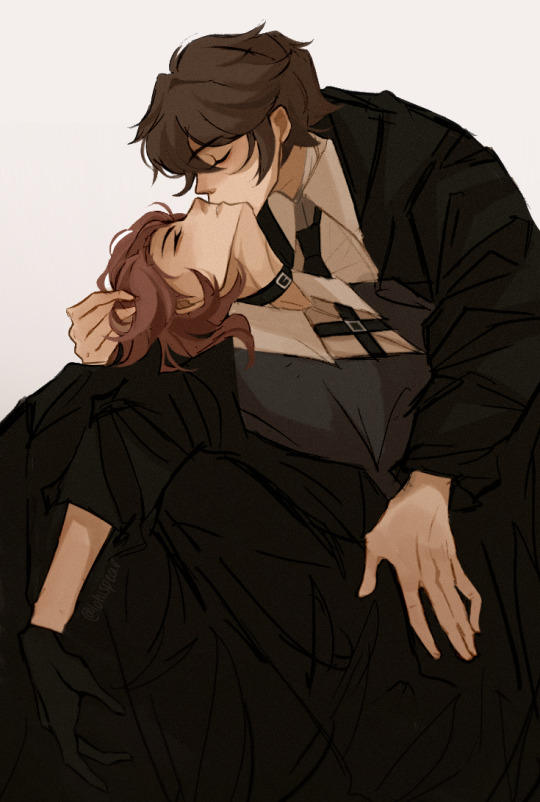
soukoku as one of my dearest renaissance paintings
#instead of paying attention to the lectures in ap art history i just look at the paintings my teacher puts on the slides#and decide which ones fit my fictional pairings#i wish i remembered this one i think it was by bernini but i'm not 100% :((((((#sighhh i'll go check again if anybody wants the og#i listened to luminary by joel sunny while painting this and the vibes were ethereal i felt like i was ascending#bungou stray dogs#bungo stray dogs#bsd#dazai osamu#osamu dazai#nakahara chuuya#chuuya nakahara#soukoku#skk#lotus draws
11K notes
·
View notes
Text
I hate "it's not trying to be accurate!" arguments for historical fiction or historically-inspired fantasy clothing choices that just. don't make sense logistically
why is that girl in Br*dgerton tightlacing her stays? what is she reducing- her upper ribcage? not only can you not tightlace in those (hand-bound eyelets can't usually take that strain, in my experience), but there's no reason to because your waistline is under your boobs. and unlike most of the series, they actually commit to the empire waistline for the court presentation gowns. small waists don't matter when NOBODY IS SEEING YOUR WAIST
why no chemise, in so many productions? fantasy/lack of concern for accuracy can't make things not chafe. chafing is not a matter of accuracy; it's a physical reality. did a wizard give everybody in the kingdom Anti-Chafing Spells?
just because you don't WANT a linen underlayer beneath a medieval tunic doesn't mean sweat won't get to outer garments and damage them- or make them need laundering, which weakens the fibers -at a time when all clothing is handmade, custom-fitted, and created from hand-woven fabrics and thus a HUGE investment
you're not just throwing accuracy to the winds as a design choice; you're ignoring How Textiles And Bodies And the Realities of Your Technology Level's Fabric and Laundering Capabilities Work
#historical fiction#fantasy#clothing history#people cannot treat their garments like modern polyester fast fashion pieces if they're NOT#if NONE OF THOSE THINGS EXIST IN YOUR SETTING#who is MAKING IT who is DOING THE LAUNDRY why has NOBODY DEVELOPED A WAY TO AVOID DISCOMFORT#IF CERTAIN EVERYDAY GARMENTS COULD POTENTIALLY CAUSE IT#(that one is still about Br*dgerton and also The Al*enist)#(Oh If Only Women Didn't Have To Be Chafed By This Garment They Basically All Wear! well. um. bud I have a huge surprise for you)#(called 'they thought of that long before they started wearing them in that form')
2K notes
·
View notes
Text
#Star Wars#Mass Effect#Transformers#Destiny#Halo#Star Trek#science-fiction#lore#history#public opinion#Star Wars: Knights of The Old Republic#Mass Effect 2#Transformers: The Covenant of Primus#Destiny 2#Halo: Combat Evolved#Star Trek: Enterprise#Star Wars: The Old Republic#Mass Effect 3#Transformers: Generation 1#Halo 2#Star Trek: Voyager#Star Wars: The Clone Wars#Destiny: The Taken King#Transformers 2007#Halo 3#Star Trek: The Next Generation#Star Wars: Plagueis#Transformers: Exodus#Destiny 2: The Witch Queen#Halo Reach
9K notes
·
View notes
Text
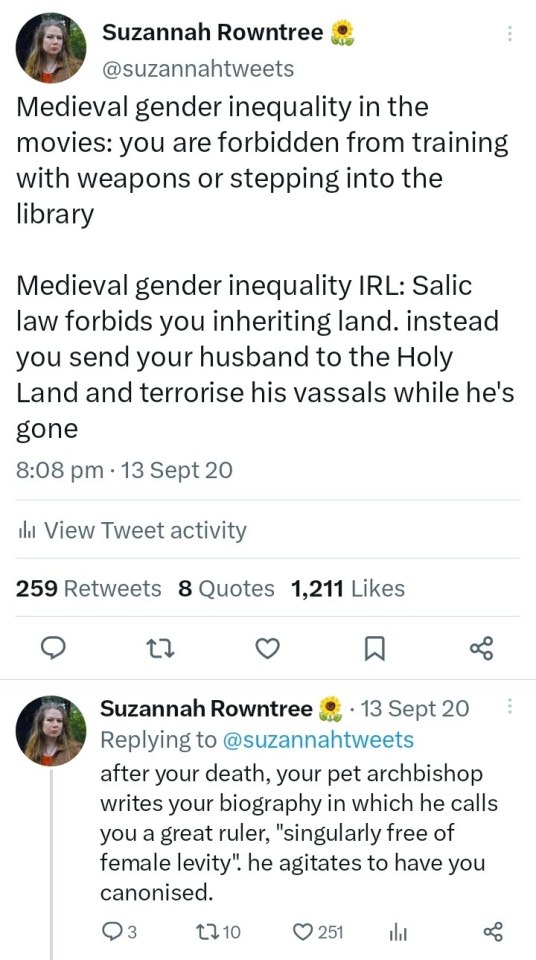
all RIGHT:
Why You're Writing Medieval (and Medieval-Coded) Women Wrong: A RANT
(Or, For the Love of God, People, Stop Pretending Victorian Style Gender Roles Applied to All of History)
This is a problem I see alllll over the place - I'll be reading a medieval-coded book and the women will be told they aren't allowed to fight or learn or work, that they are only supposed to get married, keep house and have babies, &c &c.
If I point this out ppl will be like "yes but there was misogyny back then! women were treated terribly!" and OK. Stop right there.
By & large, what we as a culture think of as misogyny & patriarchy is the expression prevalent in Victorian times - not medieval. (And NO, this is not me blaming Victorians for their theme park version of "medieval history". This is me blaming 21st century people for being ignorant & refusing to do their homework).
Yes, there was misogyny in medieval times, but 1) in many ways it was actually markedly less severe than Victorian misogyny, tyvm - and 2) it was of a quite different type. (Disclaimer: I am speaking specifically of Frankish, Western European medieval women rather than those in other parts of the world. This applies to a lesser extent in Byzantium and I am still learning about women in the medieval Islamic world.)
So, here are the 2 vital things to remember about women when writing medieval or medieval-coded societies
FIRST. Where in Victorian times the primary axes of prejudice were gender and race - so that a male labourer had more rights than a female of the higher classes, and a middle class white man would be treated with more respect than an African or Indian dignitary - In medieval times, the primary axis of prejudice was, overwhelmingly, class. Thus, Frankish crusader knights arguably felt more solidarity with their Muslim opponents of knightly status, than they did their own peasants. Faith and age were also medieval axes of prejudice - children and young people were exploited ruthlessly, sent into war or marriage at 15 (boys) or 12 (girls). Gender was less important.
What this meant was that a medieval woman could expect - indeed demand - to be treated more or less the same way the men of her class were. Where no ancient legal obstacle existed, such as Salic law, a king's daughter could and did expect to rule, even after marriage.
Women of the knightly class could & did arm & fight - something that required a MASSIVE outlay of money, which was obviously at their discretion & disposal. See: Sichelgaita, Isabel de Conches, the unnamed women fighting in armour as knights during the Third Crusade, as recorded by Muslim chroniclers.
Tolkien's Eowyn is a great example of this medieval attitude to class trumping race: complaining that she's being told not to fight, she stresses her class: "I am of the house of Eorl & not a serving woman". She claims her rights, not as a woman, but as a member of the warrior class and the ruling family. Similarly in Renaissance Venice a doge protested the practice which saw 80% of noble women locked into convents for life: if these had been men they would have been "born to command & govern the world". Their class ought to have exempted them from discrimination on the basis of sex.
So, tip #1 for writing medieval women: remember that their class always outweighed their gender. They might be subordinate to the men within their own class, but not to those below.
SECOND. Whereas Victorians saw women's highest calling as marriage & children - the "angel in the house" ennobling & improving their men on a spiritual but rarely practical level - Medievals by contrast prized virginity/celibacy above marriage, seeing it as a way for women to transcend their sex. Often as nuns, saints, mystics; sometimes as warriors, queens, & ladies; always as businesswomen & merchants, women could & did forge their own paths in life
When Elizabeth I claimed to have "the heart & stomach of a king" & adopted the persona of the virgin queen, this was the norm she appealed to. Women could do things; they just had to prove they were Not Like Other Girls. By Elizabeth's time things were already changing: it was the Reformation that switched the ideal to marriage, & the Enlightenment that divorced femininity from reason, aggression & public life.
For more on this topic, read Katherine Hager's article "Endowed With Manly Courage: Medieval Perceptions of Women in Combat" on women who transcended gender to occupy a liminal space as warrior/virgin/saint.
So, tip #2: remember that for medieval women, wife and mother wasn't the ideal, virgin saint was the ideal. By proving yourself "not like other girls" you could gain significant autonomy & freedom.
Finally a bonus tip: if writing about medieval women, be sure to read writing on women's issues from the time so as to understand the terms in which these women spoke about & defended their ambitions. Start with Christine de Pisan.
I learned all this doing the reading for WATCHERS OF OUTREMER, my series of historical fantasy novels set in the medieval crusader states, which were dominated by strong medieval women! Book 5, THE HOUSE OF MOURNING (forthcoming 2023) will focus, to a greater extent than any other novel I've ever yet read or written, on the experience of women during the crusades - as warriors, captives, and political leaders. I can't wait to share it with you all!
#watchers of outremer#medieval history#the lady of kingdoms#the house of mourning#writing#writing fantasy#female characters#medieval women#eowyn#the lord of the rings#lotr#history#historical fiction#fantasy#writing tip#writing advice
30K notes
·
View notes
Text



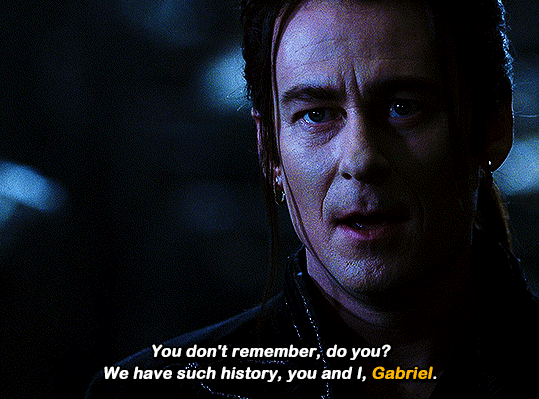




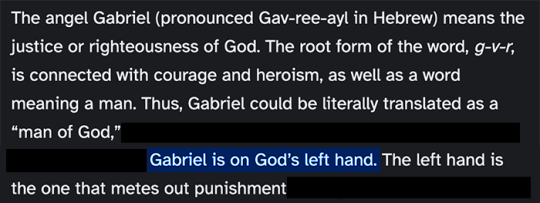


VAN HELSING —2004, written by Stephen Sommers
#van helsing#vanhelsingedit#gifs*#filmedit#usertj#userdavid#userscary#usersavana#tusersonny#userbrittany#cinemapix#usermandie#horroredit#horrorgifs#horrorfilmgifs#userhorroredits#filmgifs#movieedit#fyeahmovies#dracula#vampires#I'm not religious but man do I love religious horror and forklore in fiction wrapped in history#I love how in the opening of this film they show the Eiffel tower half built in the background which dates the present year to about 1888#if this film has zero fans I'm dead
2K notes
·
View notes
Text

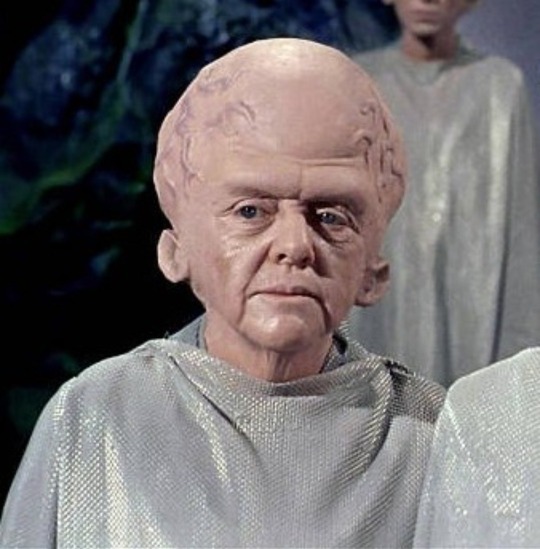
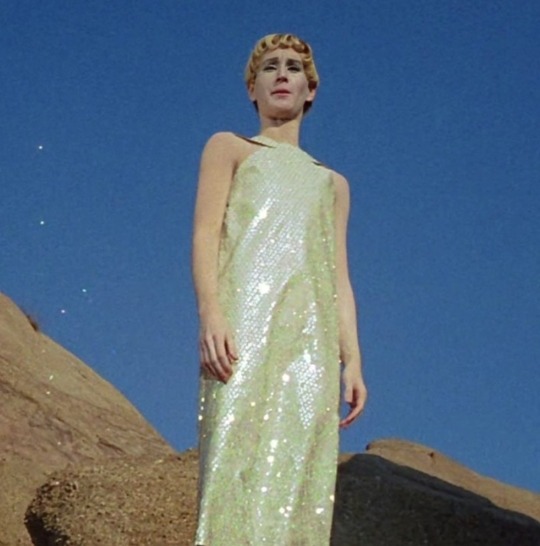

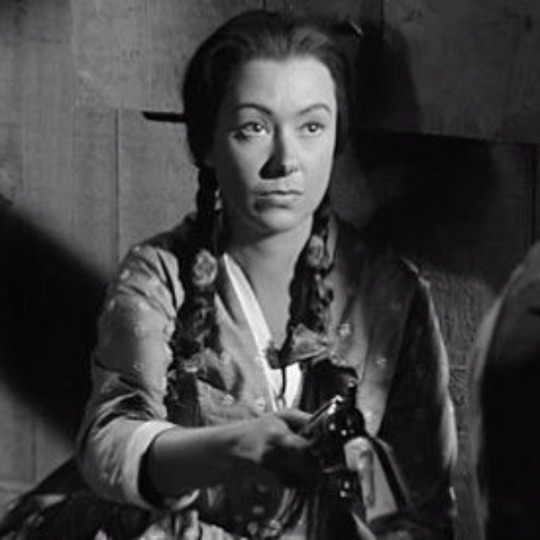
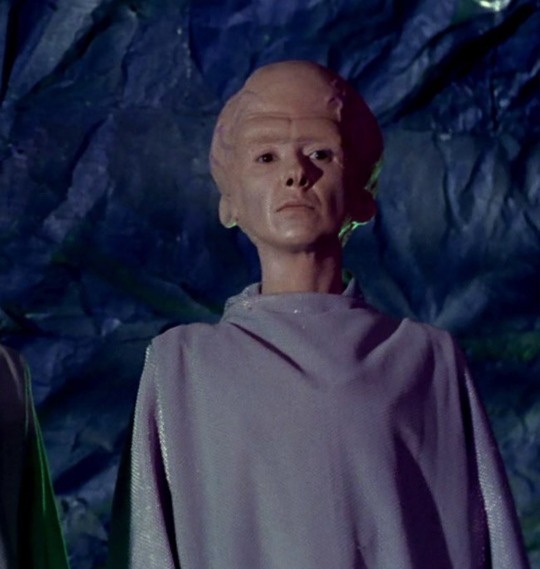
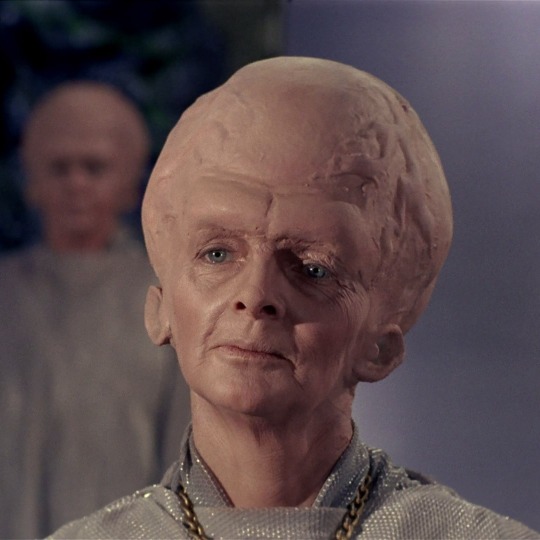

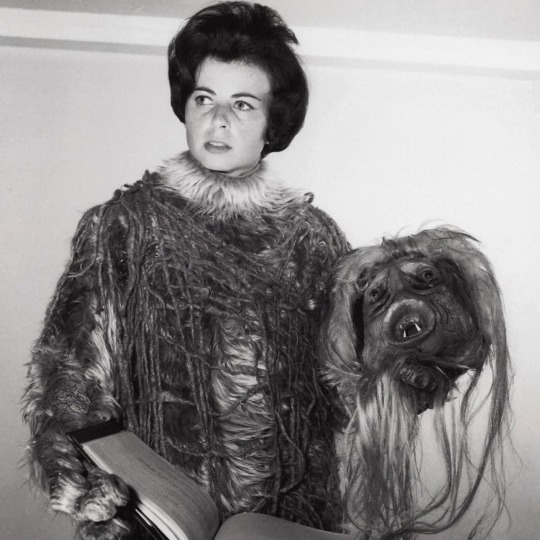
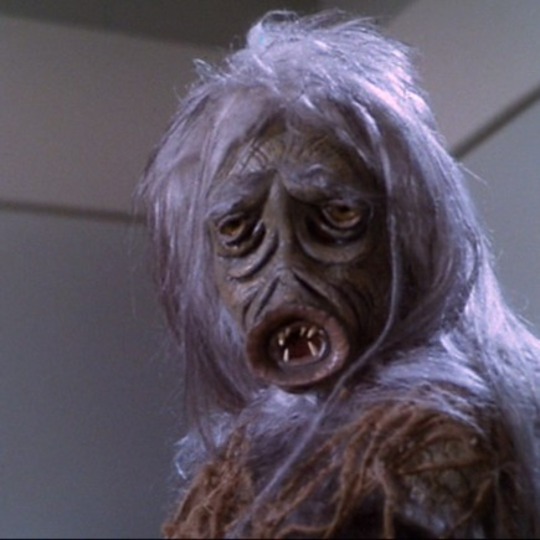
Georgia Schmidt, Carole Shelyne, Serena Sande, Meg Wyllie, & Sandra Lee Gimpel
A tribute to some lesser-known women of Star Trek :)
#i love women#star trek#iconic#star trek tos#star trek the original series#science fiction#costume design#aliens#space#classic#1960s#women#retro#screencaps#feminism#my edit#representation#the cage#the man trap#arena#sci fi#props#stage makeup#trek history
2K notes
·
View notes
Text
I’m actually serious about this, if at all possible, right now is a very good time to request queer books from your local library. Whether they get them or not is not in your control, but it is so important to show that there is a desire for queer books. I will also say getting more queer books in libraries and supporting queer authors are pretty fantastic byproducts of any action.
This isn’t something everyone can do, but please do see if you are one of the people who has the privilege to engage in this form of activism, and if you are, leverage that privilege for all you’re worth.
For anyone who can’t think of a queer book to request, here is a little list of some queer books that I think are underrated and might not be in circulation even at larger libraries:
Refusing Compulsory Sexuality: A Black Asexual Lens on Our Sex-Obsessed Culture by Sherronda J. Brown
Silver Under Nightfall by Rin Chupeco
Harvard's Secret Court: The Savage 1920 Purge of Campus Homosexuals by William Wright
The Perks of Loving a Wallflower by Erica Ridley
God Themselves by Jae Nichelle
IRL by Tommy Pico
The Pink Line: Journeys Across the World's Queer Frontiers by Mark Gevisser
Passing Strange by Ellen Klages
The New Queer Conscience by Adam Eli
Fierce Femmes and Notorious Liars: A Dangerous Trans Girl's Confabulous Memoir by Kai Cheng Thom
Queering the Tarot by Cassandra Snow
Wash Day Diaries by Jamila Rowser
Queer Magic: Lgbt+ Spirituality and Culture from Around the World by Tomás Prower
Before We Were Trans: A New History of Gender by Kit Heyam
Beyond the Pale by Elana Dykewomon
Hi Honey, I'm Homo! by Matt Baume
The Deep by Rivers Solomon
Homie: Poems by Danez Smith
The Secret Life of Church Ladies by Deesha Philyaw
The Companion by E.E. Ottoman
Kapaemahu by Dean Hamer, Joe Wilson, Hinaleimoana Wong-Kalu
Sacrament of Bodies by Romeo Oriogun
Witching Moon by Poppy Woods
Tell Me I'm Worthless by Alison Rumfitt
Dead Collections by Isaac Fellman
Disintegrate/Dissociate by Arielle Twist
Dear Senthuran: A Black Spirit Memoir by Akwaeke Emezi
Peaches and Honey by Imogen Markwell-Tweed
Nepantla: An Anthology Dedicated to Queer Poets of Color by Christopher Soto
#queer books#queer history#lgbt history#honestly#libraries are a massive resource in terms of preserving and uplifting marginalized narratives#and as a community#that has been so very excluded from both fictional and nonfictional narratives#this is a great way to reclaim and care for the stories that have been surpressed for so long
11K notes
·
View notes
Text
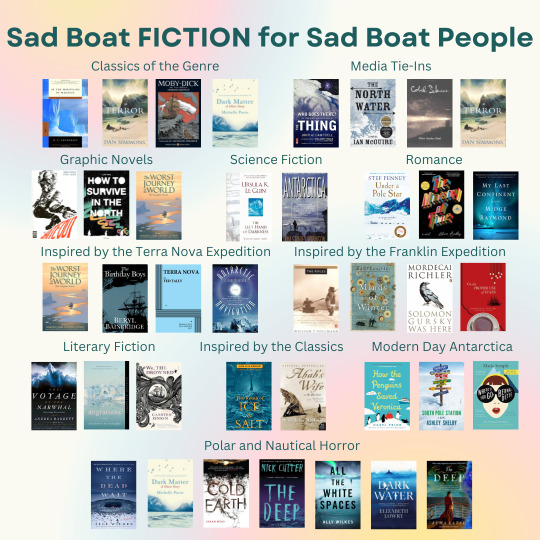
Hello friends, I am back with more reading recommendations for your agonies! Next up we have the long awaited and much requested Sad Boat Fiction list. As with all of my lists, this is NOT exhaustive and there WILL be great books left off, and also you may or may not like these books! I only rec things that I've personally enjoyed or that come highly recommended by trusted friends, but taste in books is incredibly subjective, especially with fiction. If I missed your favorite, please add it in the comments or drop it in my DMs!
Now that I'm feeling more settled in my new job, I will hopefully have a lot more time to make book lists and do more virtual Readers' Advisory. I have lists in the works for women in polar exploration and companion reads for the HBO War series, but if there's something else you would love to see, please send me a message!
Classics of the Genre
At the Mountains of Madness by H.P. Lovecraft
The Terror by Dan Simmons
Moby Dick by Herman Melville
Dark Matter by Michelle Paver
Media Tie-Ins
Who Goes There? (Filmed as The Thing) by John W. Campbell, Jr.
The North Water by Ian McGuire
Cold Skin by Alfred Sánchez Piñol
The Terror by Dan Simmons
Graphic Novels
Whiteout by Greg Rucka
How to Survive in the North by Luke Healy
The Worst Journey in the World- The Graphic Novel Volume 1: Making Our Easting Down adapted by Sarah Airriess from the book by Apsley Cherry-Garrard*
*this is only fiction in the broadest possible sense of the term, but there is a shiny new American version of this book coming out with a gorgeous new cover and you should pre-order it immediately
Science Fiction
The Left Hand of Darkness by Ursula K. LeGuin
Antarctica by Kim Stanley Robinson
Romance
Under a Pole Star by Stef Penney
The Ministry of Time by Kaliane Bradley
My Last Continent by Midge Raymond
Inspired by the Terra Nova Expedition
The Worst Journey in the World- The Graphic Novel Volume 1: Making Our Easting Down adapted by Sarah Airriess from the book by Apsley Cherry-Garrard*
The Birthday Boys by Beryl Bainbridge
Terra Nova: A Play by Ted Tally
Antarctic Navigation by Elizabeth Arthur
*this is only fiction in the broadest possible sense of the term, but there is a shiny new American version of this book coming out with a gorgeous new cover and you should pre-order it immediately
Inspired by the Franklin Expedition
The Rifles by William T. Vollmann
Minds of Winter by Ed O'Loughlin
Solomon Gursky Was Here by Mordecai Richler
On the Proper Use of Stars by Dominique Fortier
Literary Fiction
The Voyage of the Narwhal by Andrea Barrett
Migrations by Charlotte McConaghy
We, The Drowned by Carsten Jensen
Inspired by the Classics
The Route of Ice and Salt by José Luis Zárate
Ahab's Wife by Sena Jeter Naslund
Modern Day Antarctica
How the Penguins Saved Veronica by Hazel Prior
South Pole Station by Ashley Shelby
Where'd You Go, Bernadette by Maria Semple
Polar and Nautical Horror
Where the Dead Wait by Ally Wilkes
Dark Matter by Michelle Paver
Cold Earth by Sarah Moss
The Deep by Nick Cutter
All the White Spaces by Ally Wilkes
Dark Water by Elizabeth Lowry
The Deep by Alma Katsu
Happy reading!
#reader's advisory#sad boat#sad boat books#sad boat fiction#polar exploration#nautical history#read this
1K notes
·
View notes
Text

Ed Emshwiller's Christmas cover art for Galaxy Magazine, December 1960.
545 notes
·
View notes
Text
The reason it's so difficult to get a handle on the history and development of interactive fiction is that we're never going to be working with a complete picture until we're prepared to acknowledge the vital role in that history of all the weird porn.
7K notes
·
View notes
Text









Hundreds of years in the future and thousands of light-years away, Mazu from Three-Hills practices her culture’s ancient art of sculpting spirit guides for the dead. But when technology from beyond the stars encroaches on her people’s lives—and deaths—what will happen to her art?
Read the rest of my new graphic novella "The Maker of Grave-Goods" this October exclusively through ShortBox Comics Fair--the innovative all-digital comics convention! @shortboxcomicsfair
#the maker of grave-goods#shortbox comics fair#sbcf2024#my comics#this is LE GUIN for FURRIES#little clay guys#science fiction#science fiction comics#sci fi#anthropology#anthropological sci-fi#worldbuilding#indie comics#speculative anthropology#speculative biology#aliens#artists on tumblr#furry comic#graphic novel#comics#art history#scifi art#science fantasy#space#furry#long post
964 notes
·
View notes